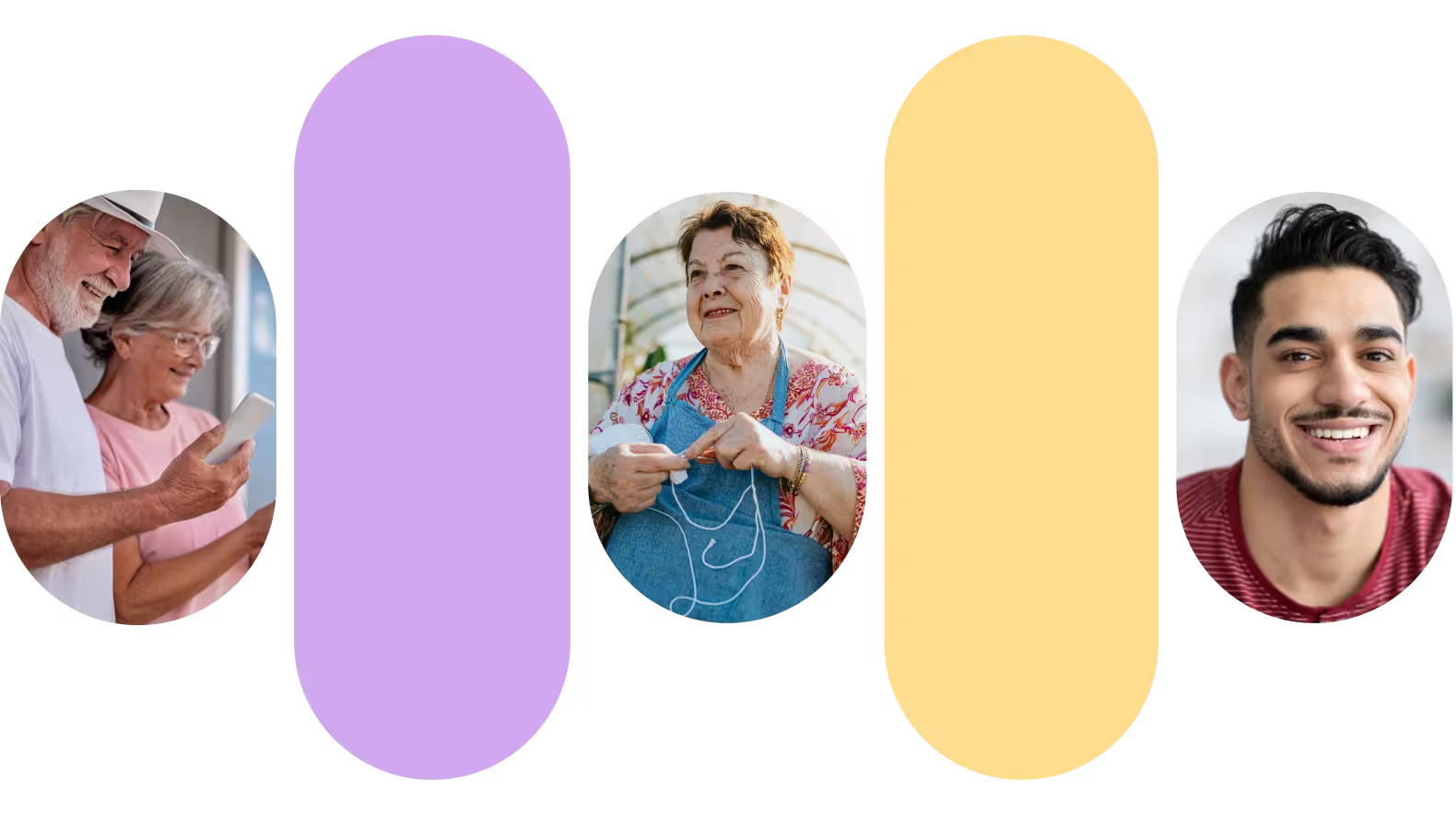CVTA Overview: Communications, Video, & Technology Accessibility Act
We made a breakdown of what the CVTA bill entails. Read everything you need to know about new accessibility legislation for deaf and HoH!

Do you need a breakdown of what the CVTA bill entails? Read on to learn more about potential new accessibility legislation for the deaf and hard of hearing and why it’s crucial for an inclusive future.
Background
With the anniversary of the ADA on the horizon, attention nationwide is turning to the new CVTA bill, which would expand provisions for disabled citizens while keeping pace with current technology such as video conferencing and AI. This potential legislation is endorsed by many nonprofit organizations, including prominent deaf and hard of hearing organizations:
- Communication Service for the Deaf,
- Deaf in Government,
- Hearing Loss Association of America,
- Kansas Commission for the Deaf and Hard of Hearing,
- National Association of the Deaf,
- National Association of State Agencies of the Deaf and Hard of Hearing (NASADHH), and
- Telecommunications for the Deaf and Hard of Hearing Inc (TDI).
The bill builds upon the standards set by the CVAA (21st Century Communications and Video Accessibility Act) passed in 2010. It will affect the daily experience of not only the deaf and hard of hearing but also the blind, low-vision, and deafblind citizens.
Why it’s Important
The CVTA bill is vital because it ensures that as technology advances, accessibility standards keep pace, preventing the exclusion of deaf and hard of hearing individuals. By addressing current gaps in accessibility, the bill promotes inclusivity and equal access to communication, entertainment, and emergency services. It also emphasizes the need for user-friendly and customizable solutions, empowering individuals to interact with technology in a way that suits their needs.
Potential Impact
The passing of the CVTA will change accessibility for the deaf and hard of hearing in many ways. Here are a few potential impacts we can expect:
Audio Accessibility
The bill would require increased standards for closed captioning and audio descriptions on television. It would also ensure that online streaming companies have accessible content on their platforms.
The regulations would mandate captions and audio descriptions that are user-friendly and customizable to users' preferred settings on laptops, computers, and smartphones.
Telecommunications
Improvements to accessibility for video-conferencing platforms with captioning and language settings would be seen. In addition, emergency services such as 9-1-1 would be accessible by text and other equitable means.
The bill would also expand the FCC’s (Federal Communications Commission) powers to implement regulations for artificial intelligence, VR platforms, and any other emerging technologies.
Taking Action

While the bill has been introduced, it has yet to be passed by the House or Senate at this publication date. To read the full text of the legislation, see the full draft from U.S. Congress. Currently, ten state senators sponsor it. Contact your representatives by email or phone to urge them to support the bill. You can find your representative by entering your address using this link.
In addition to contacting your representatives, encourage your social network to support the bill. Share information about the CVTA bill on social media and inform your family and friends about it. As technology advances, it is crucial that deaf and hard of hearing community is not left behind.
Conclusion
The Communications, Video, & Technology Accessibility Act has the potential to change the lives of many Americans with all forms of disabilities. From AI to videoconferencing to emergency phone calls, it will help bring an equitable experience for deaf and hard of hearing citizens. If we all do our part to urge our representatives to endorse and ensure its passing, we will be that much closer to an inclusive future for all.














